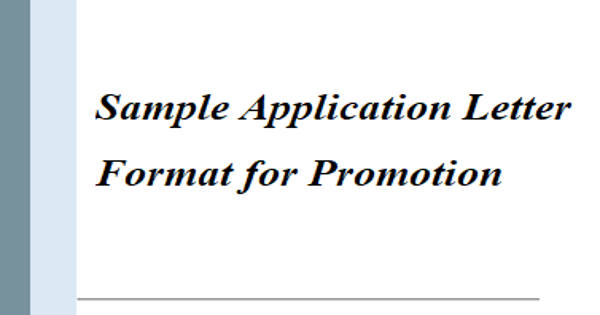The Anti Corruption Commission:(DUDOK):
The Anti Corruption Commission (ACC) Bangladesh was created through an act promulgated on 23 February 2004 that into force on 09 May 2004. The first set of office bearers were appointed on 21 November 2004. The following day, it commenced its journey with a mission, a vow to make a difference to the Nation’s anti corruption initiatives and a fresh mandate. “Anti Corruption Commission” (ACC) in the Bangla language “DUDOK.
Vision:
The Commission has formulated some forms of corruption in Bangladesh, for everyone to know, understand and prepare ourselves to completely erase corruption from our lives, if not reduce it.
- Bribery: It is the offering of money, services or other valuables to persuade someone to do something in return. Synonyms: kickbacks, baksheesh(tips), payola, hush money, sweetener, protection money, boodle, and gratuity.
- Extortion: Demanding or taking of money, property or other valuables through use of coercion and/or force. A typical example of extortion would be when armed police or military men exact money for passage through a roadblock. Synonyms include blackmail, bloodsucking and extraction.
Abuse of discretion: The abuse of office for private gain, but without external inducement or extortion. Patterns of such abuses are usually associated with bureaucracies in which broad individual discretion is created, few oversights or accountability structures are present, as well as those in which decision-making rules are so complex as to neutralise the effectiveness of such structures even if they exist.
Improper political contributions: Payments made in an attempt to unduly influence present or future activities by a party or its members when they are in office.[
Mission:
It controls corruption by identifying hot spots and areas of vulnerabilities for targeted investigative and prosecution action, prevention and curative treatment beside preventive education and advocacy.
It ultimately suppresses corruption through the effective and cumulative effects of its combating, controlling and prevention efforts enumerated above.
Functions of the commission
- To enquire into and conduct investigation of offences mentioned in the schedule
- To file cases on the basis of enquiry or investigation and conduct cases
- To hold enquiry into allegations of corruption on its own motion or on the application of aggrieved person or any person on his behalf
- To perform any function assigned to Commission by any Act in respect of corruption
- To review any recognized provisions of any law for prevention of corruption and submit recommendation to the President for their effective implementation
- To undertake research, prepare plan for prevention of corruption and submit to the President, recommendation for action based on the result of such research
- To raise awareness and create feeling of honesty and integrity among people with a view to preventing corruption
- To organize seminar, symposium, workshop etc. on the subjects falling within the functions and duties of the Commission
- To identify various causes of corruption in the context of socio-economic conditions of Bangladesh and make recommendation to the President for taking necessary steps
- To determine the procedure of enquiry, investigation, filing of cases and also the procedure of according sanction of the Commission for filing case against corruption and
- To perform any other duty as may be considered necessary for prevention of corruption.
Power to make rules
- The Commission for carrying out the purpose of Anti Corruption Act, 2004 has been vested with the power to make rules by notification published in the official Gazette with the prior approval of the President.
















